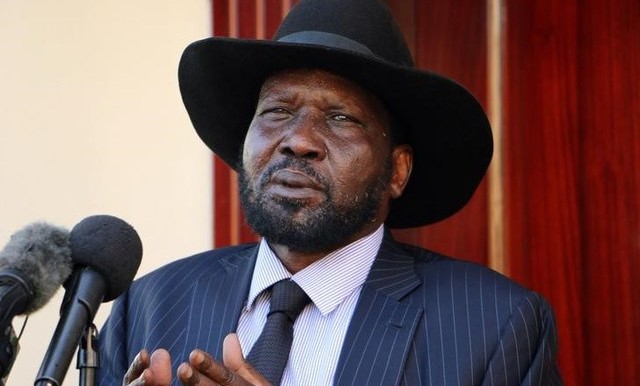South Sudan’s cabinet has assigned the newly established ministry of federal affairs to study all types of federalism and collect data that could be used to educate the people of South Sudan on federalism.
Speaking to reporters after the cabinet meeting on Friday, Michael Makuei Lueth, Minister of Information, said federalism will be incorporated into the permanent constitution of South Sudan.
“The cabinet has directed the ministry to initiate researches and educate the people of South Sudan on the different types of federalism that are operating all over the world so that when the time comes for the people of South Sudan to decide then they will take decisions from an informed position,” he said.
He pointed out that most of the people of South Sudan are not aware of different types of federalism. “So federalism is a system that will be operational and it will be after agreeing on the type of federalism and after its incorporation into the permanent constitution,” Makuei said.
“The government in principle is in full agreement with the federal system but we have not yet decided as to which type of federalism do want,” he said.
Makuei said that federalism is a popular demand of the people of South Sudan.
Chapter 6, Article 1 of the peace agreement is about the process for creating a permanent constitution. The constitution will be the highest law of the land. It will be a higher law than the government itself and it will include rules for how the government should function.
Chapter 6, Article 1 of the peace agreement is about the principles of the new constitution which include federalism and democracy as well as rule of law and human rights. However, the peace agreement does not define 'federalism', which has been a matter of debate between different parties in South Sudan, including those who want a powerful central government and others who want power devolved.




